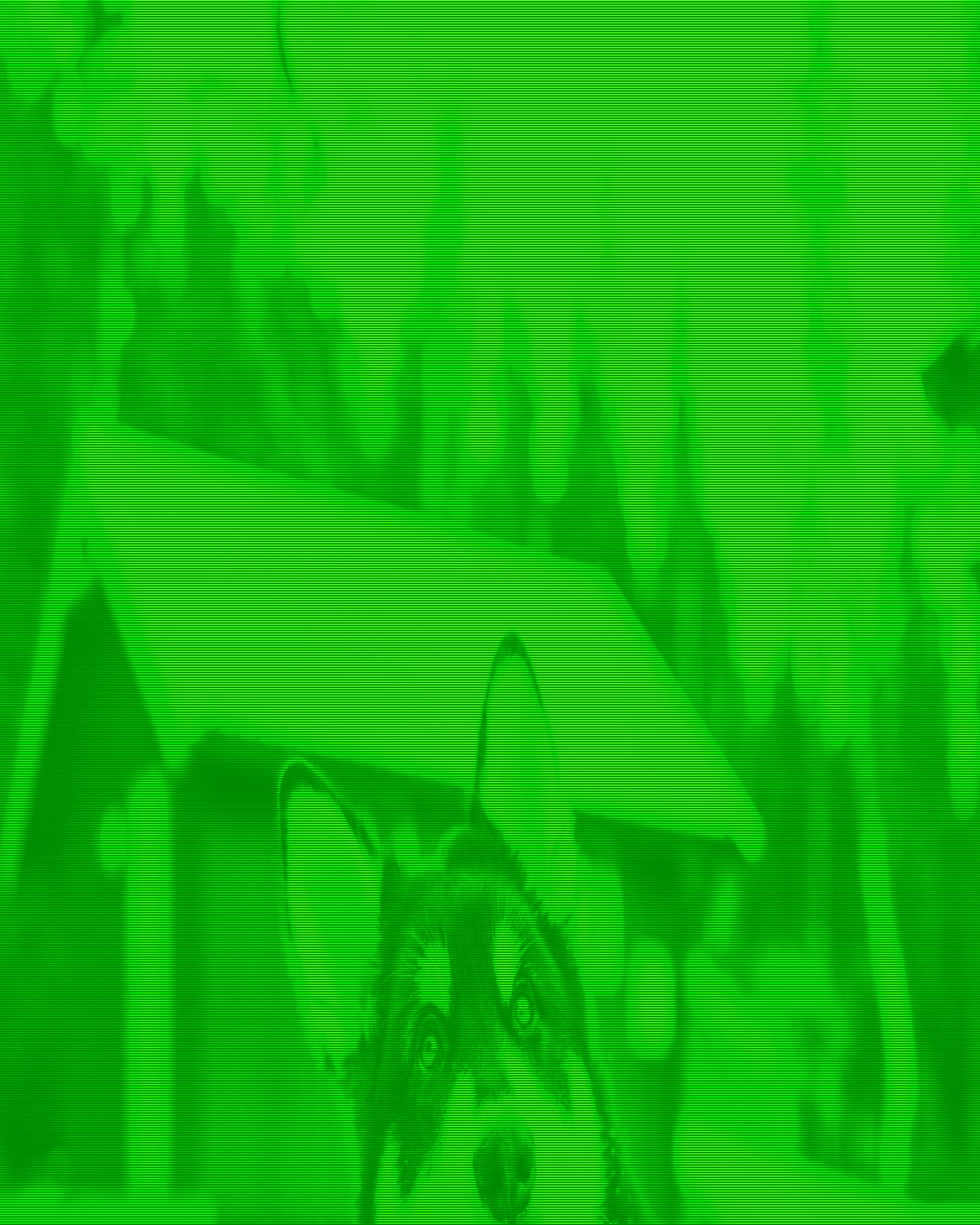As much as we love our furry friends, there are times when they can get sick just like us. One of the most common illnesses that dogs can acquire is kennel cough. While this condition may not be life-threatening, it can still cause a lot of discomfort for your pet and can even lead to more serious respiratory infections if left untreated. In this blog post, we will discuss everything you need to know about kennel cough, including its symptoms, treatment options, and prevention measures, so you can keep your furry companion healthy and happy.
Everything You Need to Know About Kennel Cough: Symptoms, Treatment, and Prevention
If you’re a pet owner, then you know how important it is to keep your furry friend healthy. One of the most common health issues that dogs can face is kennel cough. Kennel cough is a highly contagious respiratory disease that affects dogs of all ages and breeds. In this comprehensive guide, we will discuss everything you need to know about kennel cough, including its symptoms, treatment, and prevention.
What is Kennel Cough?
Kennel cough, also known as canine infectious tracheobronchitis, is a respiratory infection that affects a dog’s upper respiratory tract. The disease gets its name from the fact that it is often transmitted in places where dogs are kept in close quarters, such as kennels, dog parks, and daycare centers. Kennel cough is caused by a combination of viruses and bacteria, including the canine parainfluenza virus, canine adenovirus, and Bordetella bronchiseptica.
Symptoms of Kennel Cough
The symptoms of kennel cough can vary from dog to dog, but the most common symptoms include:
– A persistent cough that sounds like honking or hacking
– Runny nose
– Sneezing
– Watery eyes
– Loss of appetite
– Lethargy
In severe cases, kennel cough can lead to pneumonia, which can be life-threatening for dogs. If you notice any of these symptoms in your dog, it’s important to take them to the vet right away.

Treatment for Kennel Cough
The treatment for kennel cough depends on the severity of the infection. In most cases, kennel cough will clear up on its own within a few weeks. However, your vet may prescribe antibiotics to help speed up the healing process and prevent secondary infections.
In severe cases of kennel cough, your dog may need to be hospitalized for treatment. This is especially true if your dog is experiencing difficulty breathing or has developed pneumonia. Your vet may administer oxygen therapy or other supportive treatments to help your dog recover.
Prevention of Kennel Cough
The best way to prevent your dog from getting kennel cough is to make sure they are up-to-date on their vaccinations. The Bordetella vaccine is the most effective way to protect your dog from kennel cough. It’s also important to keep your dog away from other dogs who are showing symptoms of kennel cough. If you have to take your dog to a kennel or daycare center, make sure that the facility is clean and well-ventilated.
Another way to prevent kennel cough is to boost your dog’s immune system. This can be done by feeding them a healthy diet, providing regular exercise, and making sure they get plenty of rest.
Conclusion
Kennel cough is a highly contagious respiratory infection that can be quite serious, especially for young puppies and senior dogs. The key to preventing kennel cough is to keep your dog up-to-date on their vaccinations and to avoid situations where they may be exposed to the disease. If you notice any symptoms of kennel cough in your dog, it’s important to take them to the vet right away. With proper treatment and care, your dog can make a full recovery from kennel cough and go back to living a happy, healthy life.
In conclusion, kennel cough is a highly contagious respiratory infection that can affect dogs of any age. While it is not usually a life-threatening condition, it can cause discomfort and inconvenience for both you and your furry friend. By being aware of the symptoms, taking preventative measures, and seeking treatment when necessary, you can help your dog recover from kennel cough as quickly and comfortably as possible. Remember, a healthy and happy dog is a happy family!



%20-%20Copy.jpg)


%20-%20Copy%20-%20Copy.jpg)
%20-%20Copy.jpg)
